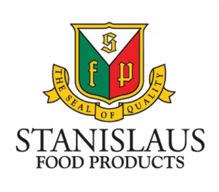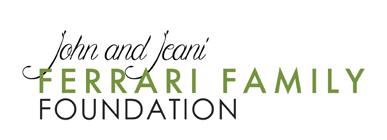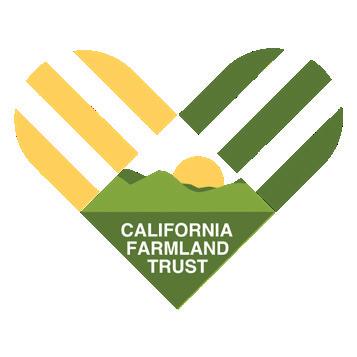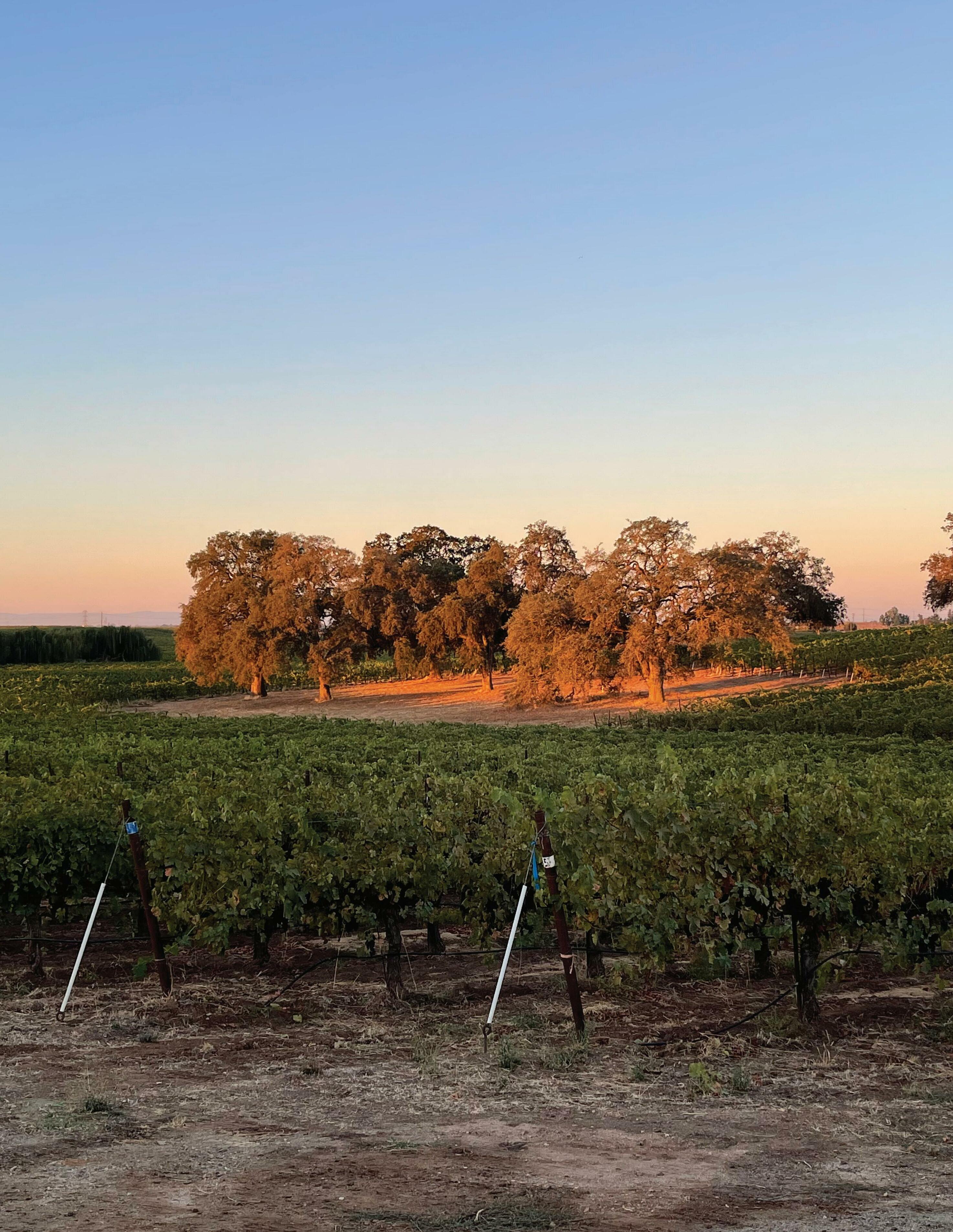

EXECUTIVE DIRECTOR'S MESSAGE
Celebrating the Success of 2022
BySam Zanutto, Sebastopol | Vice President
Theresa Kiehn, Modesto | Secretary
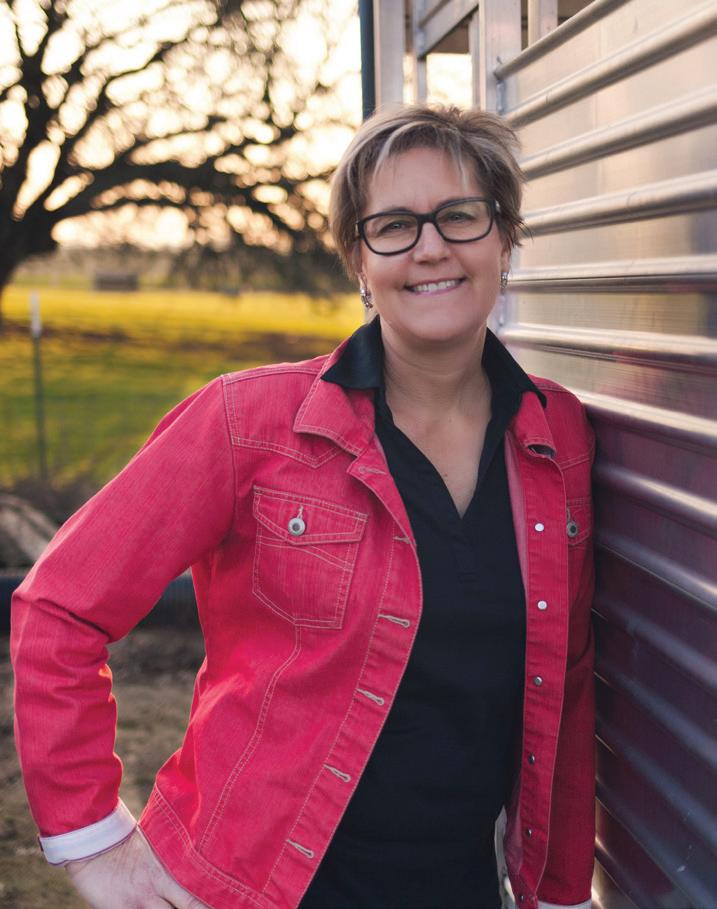
Ken Oneto, Elk Grove | Treasurer
Directors:
Ron Dolinsek, Rocklin
Bill Hoobler, Patterson
Ryan Jacobsen, Fresno
Jim Jorgensen, Rocklin
Mike Machado, Linden
Maxwell Norton, Merced
Barbara Smith, Courtland
Ed Nishio Emily Rooney Ann Veneman
As we see 2022 coming to a close, I have to say it has been a busy year with many successes along the way. We held our 2nd annual Race to Slow the Pace – running to help slow the pace of development on valuable California farmland. Thank you to our sponsors, runners, walkers, and volunteers who made this day at Bokisch Vineyards a great success. Be on the lookout for our announcement of the 2023 date!
In addition, I am extremely excited to announce our newest staff addition, Brittany Kimerer who will be our communications associate.
Brittany comes to us with a career at the Salt River Project in Mesa, Arizona, a power and water delivery company for many users, including those in agriculture. Brittany has extensive experience in customer service and communications and will help spread the good work of CFT to an even larger audience. Help me welcome Brittany!
This year also brought me the exceptional experience of being a fellow with Class 51 of the California Agricultural Leadership Program (Ag Leadership). Ag Leadership is an advanced leadership
development experience for emerging or mid-career leaders in agriculture. It is considered to be one of the premier leadership development programs in the United States. What sets it apart from other programs is its unique partnership with four universities, UC Davis, Fresno State, Cal Poly Pomona, and Cal Poly San Luis Obispo, who are invested in the content and delivery of the educational components.
Through the 17-month program, fellows study leadership theory, effective communication, motivation, critical and strategic thinking, change management, emotional intelligence, and complex social and cultural issues. The program delivers about 55 seminar days, 10-days of national travel, and a 14-day international travel seminar. The end result is to grow leaders who make a difference in agriculture, their businesses, communities, and their families. With the recent section of Class 52, its 52-year history has helped more than 1,400 men
and women become influential leaders and active volunteers, some of whom sit on the CFT board. Maxwell Norton, Ken Oneto, Mike Machado, and Barbara Smith are all graduates of Ag Leadership and have proven to be exceptional board members who have created a vision for the organization and an impact on the communities in which we serve.
My journey began in 2019 when I felt I could serve CFT and the agricultural
Board Officers: Patrick Johnston, Brentwood | President Jon Harvey, Pleasanton | Past President Trustee Council: Jennifer BerettaWhen everyone is heard, common ground can be found and forward progress can be made.
- Charlotte Mitchell reflecting on lessons learned through Ag Leadership
industry better if I had additional tools and resources. I was intrigued by the idea of servant leadership and as our team began to grow, I knew that I needed to help others be better versions of themselves. The Ag Leadership program seemed to be the perfect place to acquire those skills. In what seems to be a blink of an eye, this journey is half over. With the international trip ahead of me, which will take our cohort to the Balkan region including Croatia, Bosnia, and Serbia, we will explore complex social and cultural issues, the history of the various countries we will visit, and be challenged with critical and strategic thinking around various issues.
For me, the lessons thus far have been to not stop learning and listening. Stay committed to understanding others and do not let self-deception obscure the truth and facts. Be mindful, and have gratitude, optimism, and self-compassion. While this may sound simple, centering oneself and becoming more self-aware takes work and intentional practice. When there is time devoted to understanding oneself and others, this creates opportunities for deeper discussions and understanding, which in turn develops a culture that allows everyone the opportunity to dialog over difficult topics and ultimately finds a resolution. When everyone is heard, common ground can be found and forward progress can be made. This is never easy but those who have studied and practiced in the Ag Leadership program have an ultimate advantage. I am truly thankful to be in the program and to the CFT board for encouraging me on this journey.
Best wishes for a wonderful holiday season.
A leadership program unlike any other
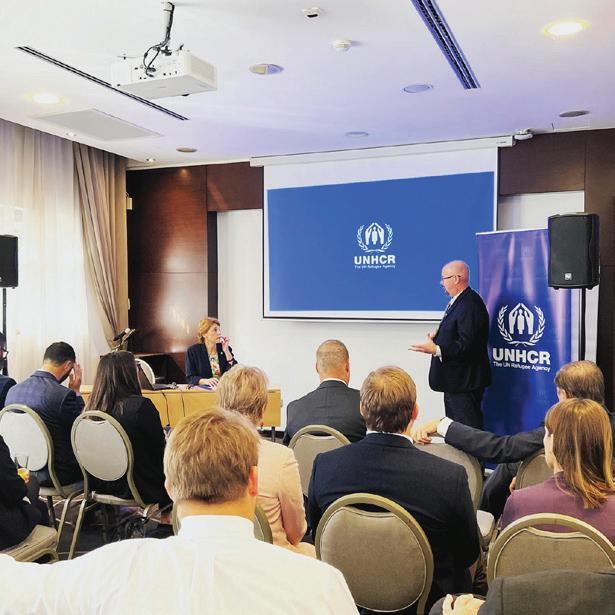
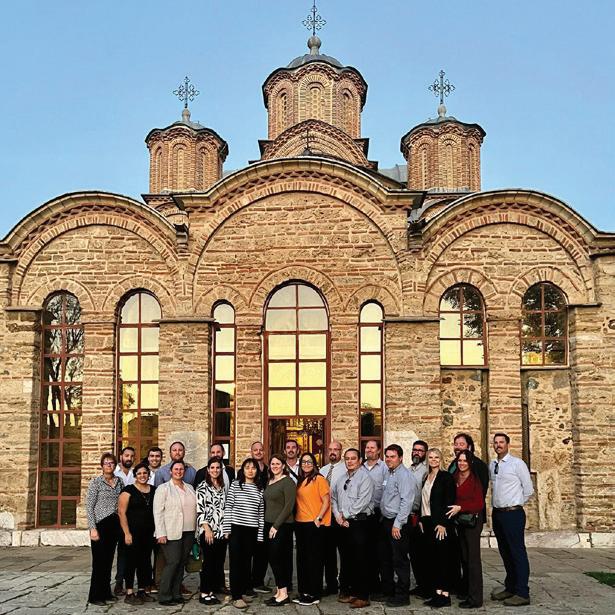
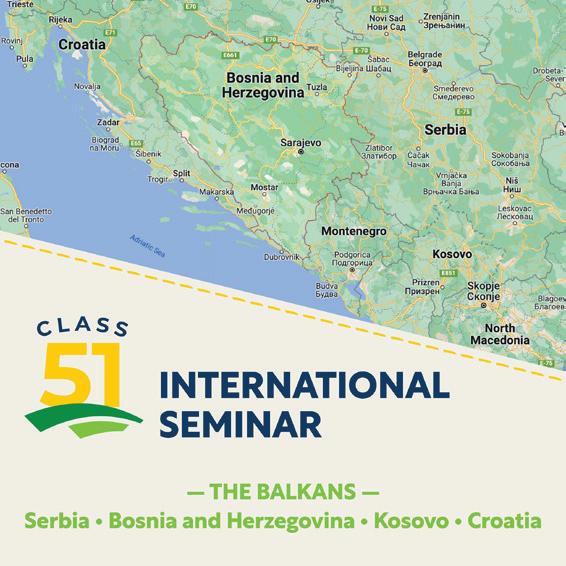
CALIFORNIA AGRICULTURAL LEADERSHIP FOUNDATION
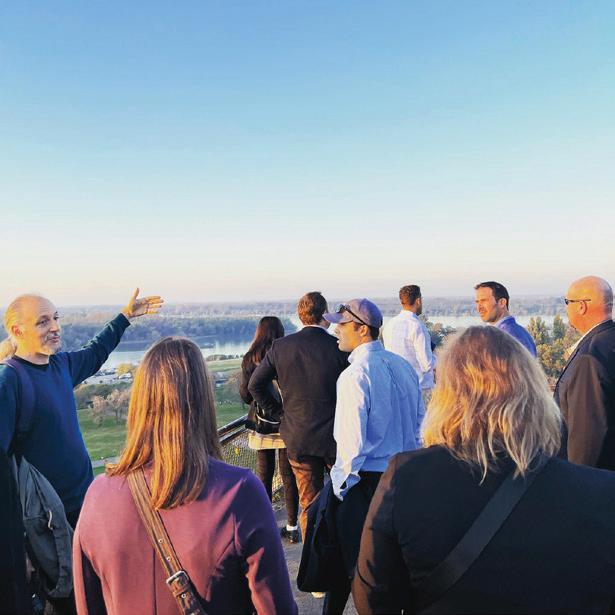
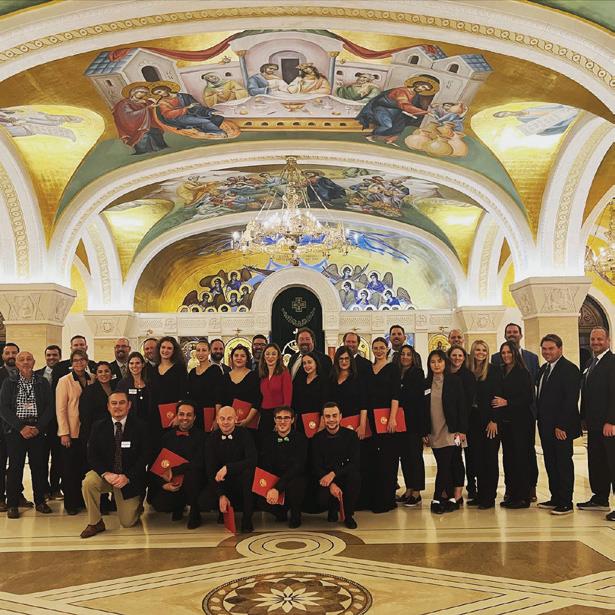
The California Agricultural Leadership Foundation is a 501(c)(3) nonprofit public benefit corporation committed to leadership training and transformational learning experiences in partnership with four California universities: Cal Poly San Luis Obispo; Cal Poly Pomona; California State University, Fresno; and the University of California, Davis. The foundation supports the longest continuously-operating leadership training experience of its kind in the United States, the California Agricultural Leadership Program. The program is considered to be one of the premier leadership development programs in the world. The foundation also supports alumni learning opportunities and other educational fellowship programs as well as fosters industry partnerships.

A Commitment to Stewardship
CELEBRATING THE PRESERVATION OF FARMLAND IN MERCED COUNTY
On July 29, we celebrated the efforts of Bowles Farming Company in their commitment to protecting 328 acres of farmland on their property in Merced County, known as Lone Tree Ranch.
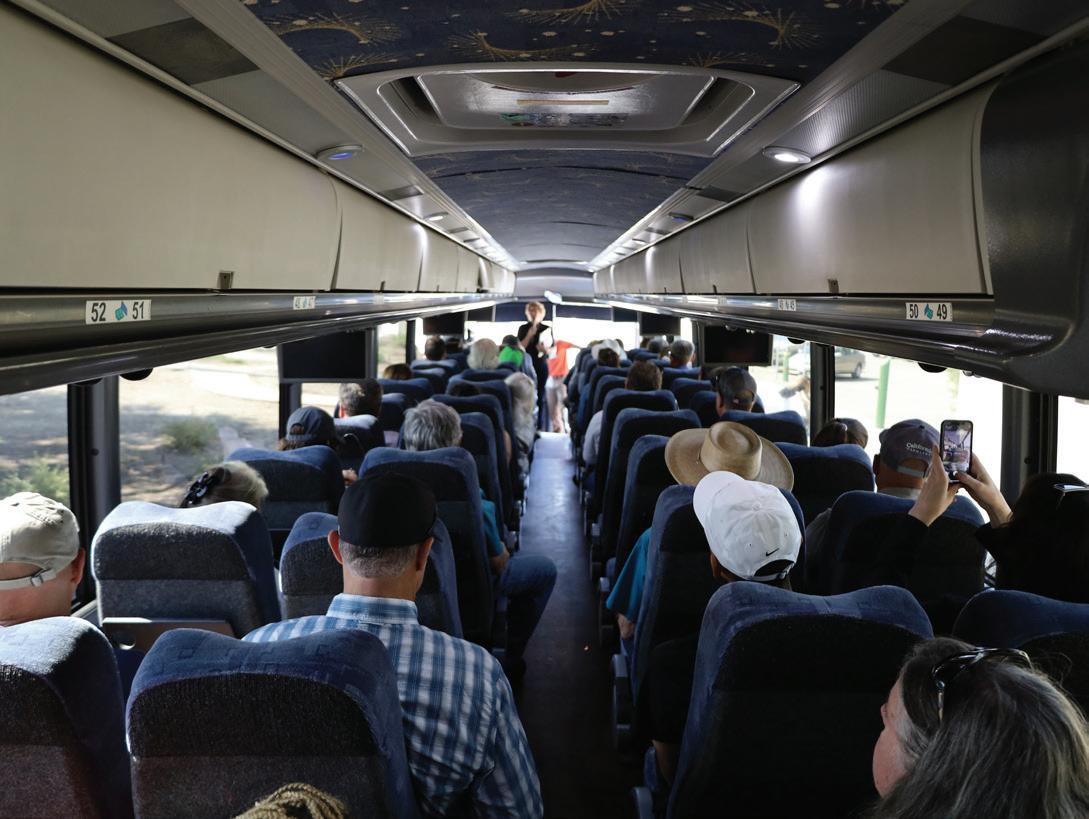
EDUCATION AS THE FIRST STEP TO CONSERVATION
During the Farmland Conservation Celebration and Farm Tour, CFT supporters, sponsors, landowners, agency personnel, industry colleagues, legislative members, and staff experienced an in-depth bus tour of Bowles Farming Company. Guests heard from Cannon Michael, President and CEO of Bowles Farming Company, who discussed the industry-leading efforts being made by the company in organic and conventional farming,
green waste composting, and native seed production and processing.
Following the tour was a short program and lunch, where Cannon and his family were recognized by Lynn Von KochLibert, executive director at the Strategic Growth Council, David Shabazian, Director at the Department of Conservation and Senator Anna Caballero (D-Merced).
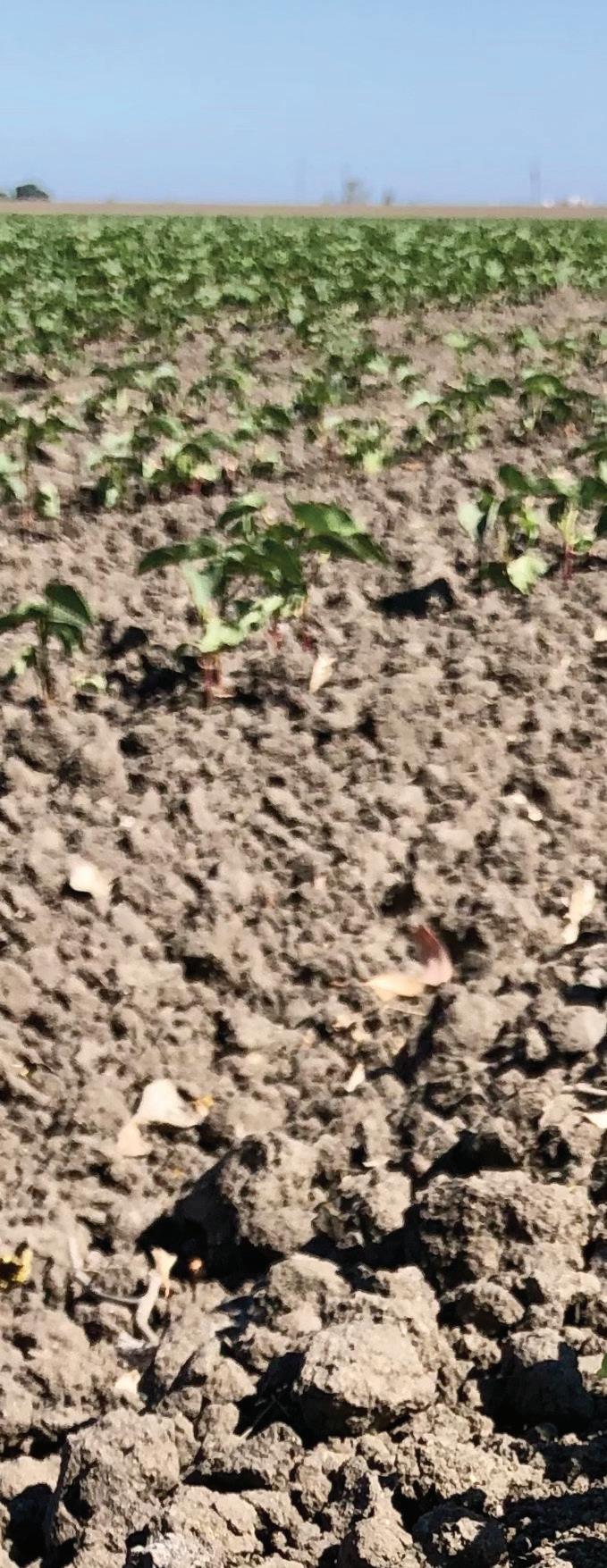
FARMING IS IN THE BLOOD
The family has been farming for over 160 years. Bowles Farming Company was founded in 1965 by brothers George and Henry Bowles and their sister, Amy Bowles Lawrence. After their passing, the company is now owned by members of the Bowles and Lawrence families. So far, six generations of family members have worked in the business. The three founding stockholders’ great-grandfather, Henry Miller, founded Bowles Farming’s predecessor, Miller & Lux, Inc. in 1858 and ceased active operations in 1967. The original business of the company was livestock, but it expanded into farming, meat processing, water, and related activities. At one time, Miller & Lux owned more than one million acres in California, Nevada, and Oregon. During and after the Great Depression, most of this property was sold.
If you want to learn more on Miller and Lux, read the book, Industrial Cowboys: Miller & Lux and the Transformation of the Far West, 1850-1920, by David Igler.
Many congratulations to the Bowles and Lawrence families, for protecting their farmland and for their commitment to stewardship!
The family has been farming for over 160 years. So far, six generations of family members have worked in the business.
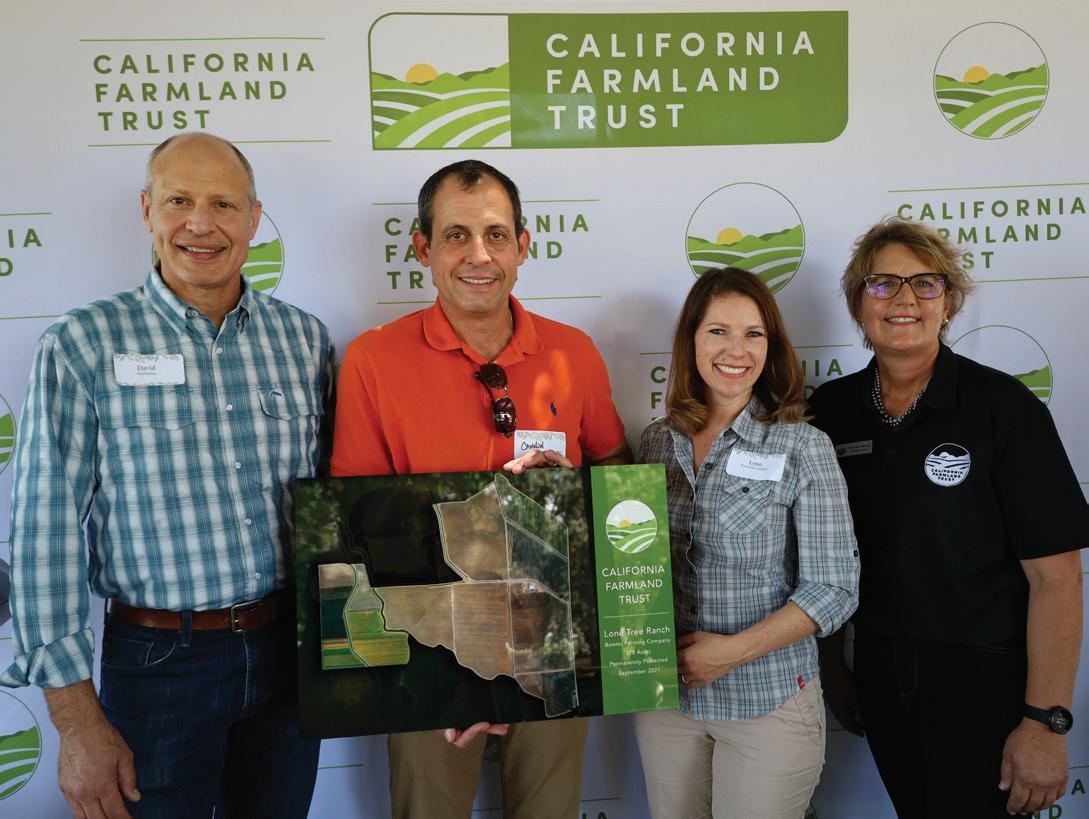
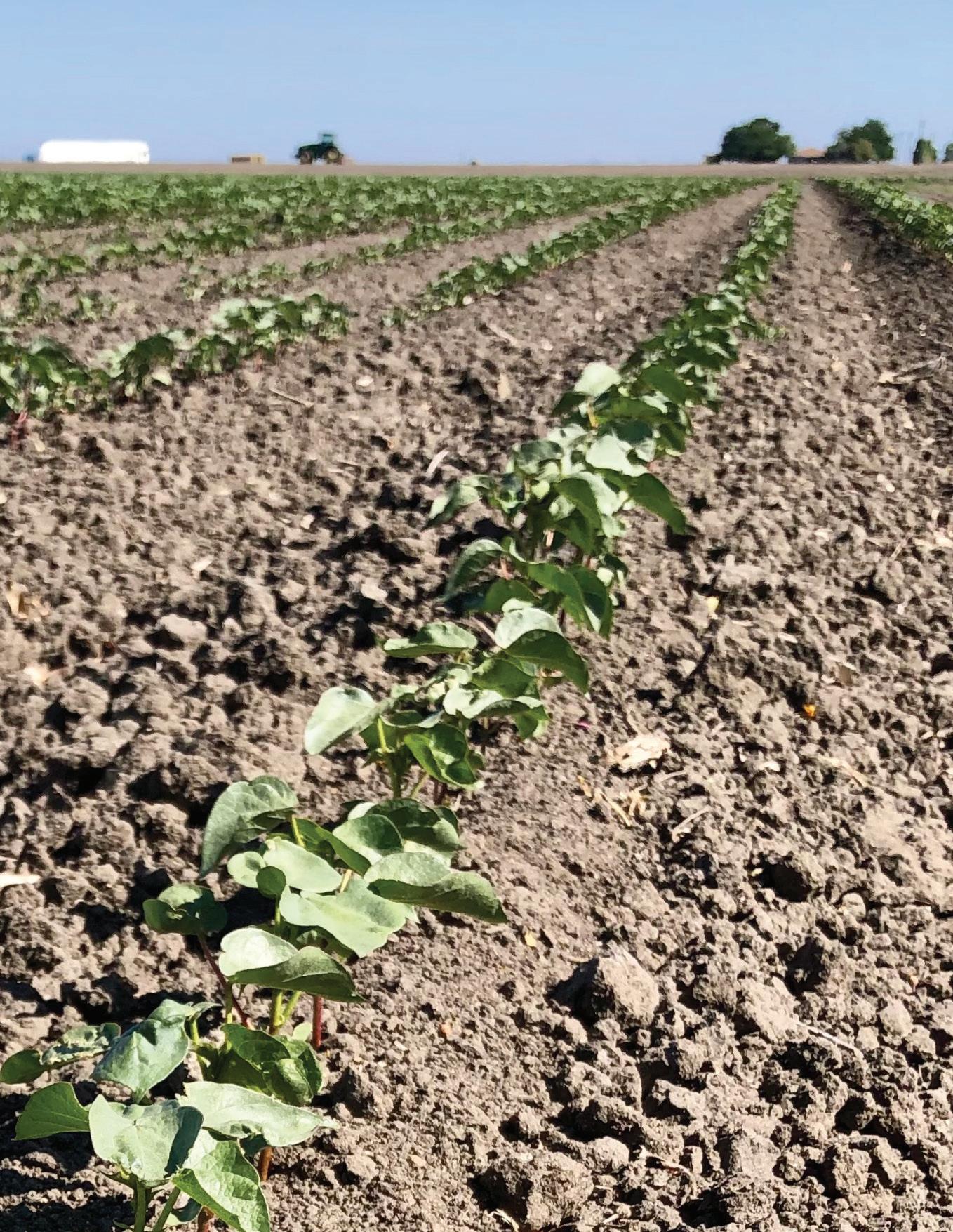 David Shabazian, Michael Cannon & Lynn Von Koch-Libert
David Shabazian, Michael Cannon & Lynn Von Koch-Libert
Race to Slow the Pace
right and early on the crisp morning of September 25, 2022, over 200 runners, volunteers, wine enthusiasts, land protection supporters, and staff gathered at Bokisch Vineyards for the 2nd annual Race to Slow the Pace 5K and new to this year, 10K. This fundraiser is aimed to connect people with nature, the environment, and the family farms that feed them, while also bringing attention to our diminishing and valuable farmland. CFT’s goal for this race is to foster a consumer’s connection to the land and emphasize the importance of why we must slow the pace of development and protect farmland. In all, the response was well-received!
We had in-person registrants of all ages, from all over California, and as far as Washington, and many supporters who ran or walked through the scenic Bokisch’s vines. Runners were greeted at the finish line with a custom Race to Slow the Pace finisher’s medal, presented by Markus and Liz Bokisch. Many attendees enjoyed the remainder of the morning drinking wine with their custom Race to Slow the Pace wine glasses, eating paella, perusing the silent auction items, and taking in the beautiful Lodi countryside views while awaiting the awards ceremony.
BThe event would not have been successful without the support of the local community and agriculture industry. We’d like to express our sincere thanks to the following companies for being a sponsor of this year's event: Burroughs Family Farms, Farm Credit, Pacific Coast Producers, Dwelley Family Farms, Harrah’s of Northern California, Grow West, Vino Farms, LLC, Movement for Life Physical Therapy, CCOF, Mujeres Poderosas, The Zenith, Les Schwab, Relation, Tiger Lines, Kludt Oil, Kludt Propane, KLM Ranches, Mitchell Farms, Klinker Brick Winery, BokidesHesseltime Real Estate Company, Fleet Feet, and ShellPro Inc. Additionally, thank you to Bokisch Vineyards, Markus and Liz Bokisch, and their team for hosting this event and always believing in our mission of helping farmers protect the best farmland in the world.
The second annual Race to Slow the Pace was again a wonderful opportunity to introduce our mission to new audiences and interact with many of our supporters. Through the event CFT is proud to have raised more than $12,000 for farmland protection.
We encourage you to keep up with our social media channels and online newsletters for more updates on the race. We plan to announce the 2023 Race to Slow the Pace date soon!
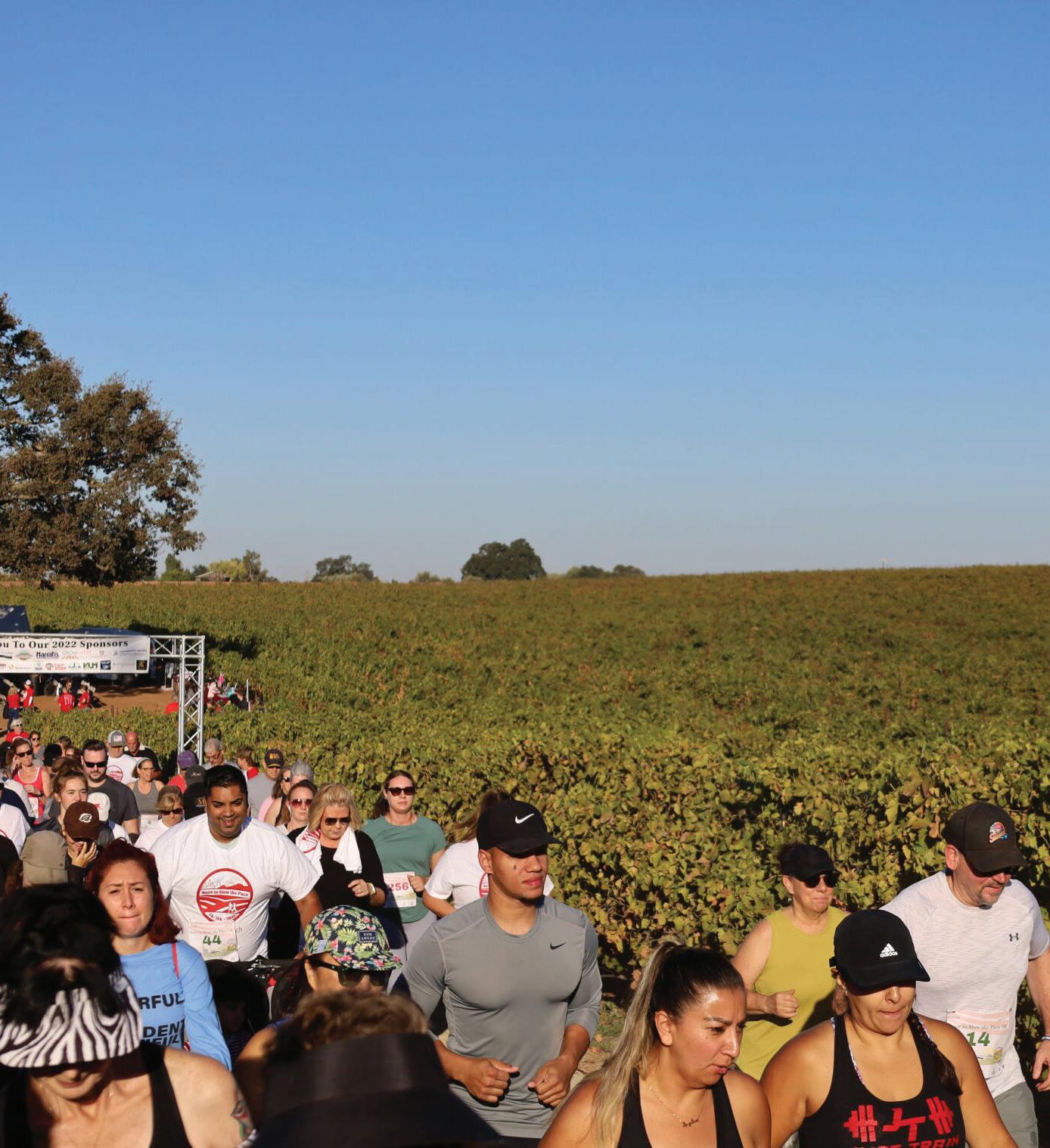
CFT’s goal for this race is to foster a consumer’s connection to the land and emphasize the importance of why we must slow the pace of development and protect farmland.
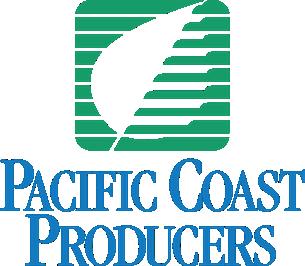
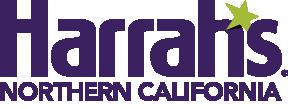

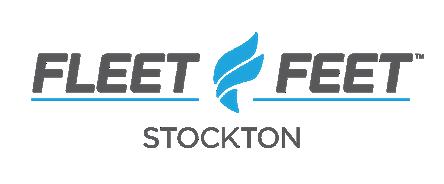

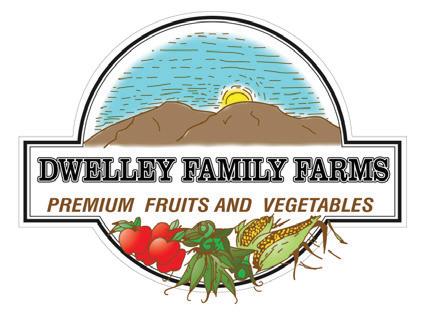
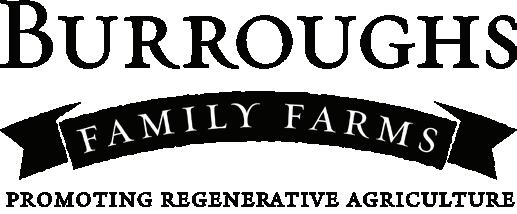

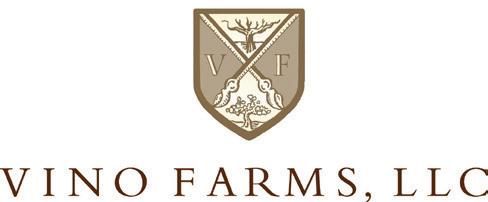
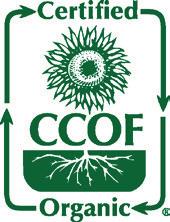






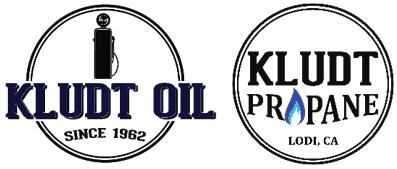
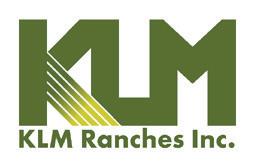
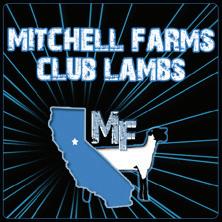


Remember California Farmland Trust this Giving Tuesday
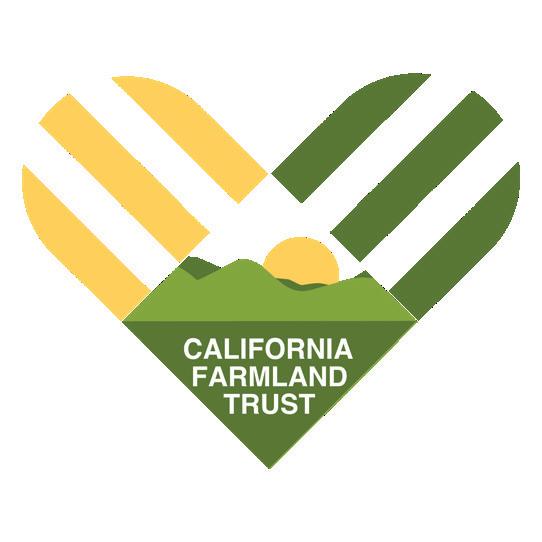
TUESDAY, NOVEMBER 29TH | CAFARMTRUST.ORG/GIVINGTUESDAY
Tuesday, November 29th is Giving Tuesday, a global day of giving and generosity. For many that translates to providing support for nonprofits that make a difference, like California Farmland Trust.
Giving Tuesday immediately follows the hustle and bustle of Black Friday and Cyber Monday, and kicks off the giving season. Millions of people come together every year to support and champion the causes they believe in. Join us on Tuesday, November 29, 2022 to celebrate #GivingTuesday.
For California Farmland Trust, Giving Tuesday is about acknowledging our farmers, who work hard to feed our families and communities. Those who grow the safe, nutritious food that we prepare not only throughout the holiday season but
every day! It’s also about working together to protect more farmland. Every day, 2,000 acres of farmland are paved over, fragmented, or converted to uses that jeopardize our food security – that is 2.5 times the size of the UC Merced Campus. Over the course of a week, that loss of farmland exceeds the size of the San Luis Reservoir! Together we can make a difference! We must protect our farmland and our food supply. You can mail a check payable to California Farmland Trust to P.O. Box 1960, Elk Grove, CA 95759 or visit our website at www.cafarmtrust.org/givingtuesday. Be sure to write Giving Tuesday in the memo!
To learn more about this global movement visit: https://www.givingtuesday.org
Sponsor Spotlight: E. & J. Gallo Winery
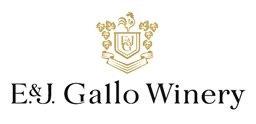
In 1933, brothers Ernest and Julio Gallo set out on what would become a great adventure, when they founded E. & J. Gallo Winery. From humble beginnings producing just 177,000 gallons of wine in Modesto, to over a dozen wineries selling over 130 brands in 100 countries, E. & J. Gallo Winery has always remained a family company with an unwavering commitment to quality.
Through all the growth and success, Gallo has endured at its heart, a family company committed to making a difference. The company proudly proclaims; “As a familyowned company, we believe in the
importance of preserving and enhancing the land for future generations to enjoy. Co-founders Ernest and Julio Gallo laid the foundation for our commitment to the environment in the 1930s, and it is still evident today in how we manage all aspects of our business. Adhering to sustainable practices that are environmentally sound, economically feasible and socially equitable, we educate and inspire others to conserve and preserve.” As a part of its commitment to preserving the land, Gallo is proud to support many nonprofits –including California Farmland Trust.
FOR THE 81 FARMS CFT HAS PROTECTED
PROVIDES AN ORANGE YOU GLAD WE HAVE FARMLAND KIT TO A CLASSROOM
PROTECTS ONE ACRE OF LAND, ON AVERAGE
YOUR GIFT MAKES A DIFFERENCE
Your year end financial support enables the vision we share to become a reality
CHECK THESE CHARITABLE ITEMS OFF YOUR YEAR END LIST
The end of the year is a time of reflection and anticipation. It is also a time of deadlines. Here are some important charitable matters to consider before the last day of December.
R IRA DISTRIBUTION
• If you are 59½ or older, you can take a distribution from your IRA and then make a gift to California Farmland Trust without penalty. If you itemize your deductions, you can take a charitable deduction for the amount.
• If you are 70½ or older, you can give any amount up to $100,000 from your IRA directly to the California Farmland Trust. You will not pay income taxes on the transfer. If you are 72 or older, you can use this transfer to satisfy your required minimum distribution.
To do: We must receive your gift by December 31st, for your donation to qualify this year. If you have check-writing privileges on your IRA, please mail your check by December 15th, to allow time to process your gift.
R
DIRECT GIFTS OF STOCKS
You may enjoy two tax benefits with a gift of appreciated stock: Avoid paying taxes on the appreciated value and qualify for an income tax charitable deduction based on today’s market value, when you itemize.
To do: Complete all transfers by December 31st. This includes electronic transfer, hand-delivery of the securities or mailed stock and stock power (mailed separately for security).
RDONOR ADVISED FUND (DAF)
Contribute to a donor advised fund and enjoy a tax savings on that amount when you itemize. A DAF allows you to make a charitable contribution to California Farmland Trust, receive an immediate tax deduction, and then recommend additional grants from the fund over time.

To do: Complete the contribution by December 31st. You do not have to designate the funds this calendar year to receive the tax benefits.
GOOD END-OF-YEAR PLANNING
Check these off your to-do list to end the year on an organized note.
Update your will or living trust. Ensure that your designations are still appropriate, and your charitable intentions are noted.
Review your retirement plan beneficiaries. Assess your named beneficiaries to ensure you’ve considered your loved ones and favorite causes.
Review your life insurance policy. If you have a policy that is no longer a significant piece of your estate plan, consider making a gift by assigning ownership to the California Farmland Trust or making us the beneficiary.
We encourage you to contact your financial advisor for the options that work best for you. If you are interested in learning more; maximizing your tax benefit while supporting the permanent protection of farmland, we are happy to help. Please feel free to contact Amy Wolfe at (209) 499-4091or awolfe@cafarmtrust.org.
What's New at CFT...

WELCOME, BRITTANY!
We are excited to welcome Brittany Kimerer as Communications Associate. In this new role, Brittany will collaborate with the Development Director to engage with our community, highlight our work through a robust social media presence and provide additional support to our growing organization. Brittany has a bachelor’s degree in organizational management from Southern New Hampshire University and is working on a master’s degree in leadership. Growing up in Southern California and seeing the impacts of urban development, she found an appreciation for agriculture and the tapestry it weaves in California’s history. Brittany previously worked in Arizona’s agricultural industry and has a deep understanding and appreciation for CFT’s mission to protect the best farmland in the world.
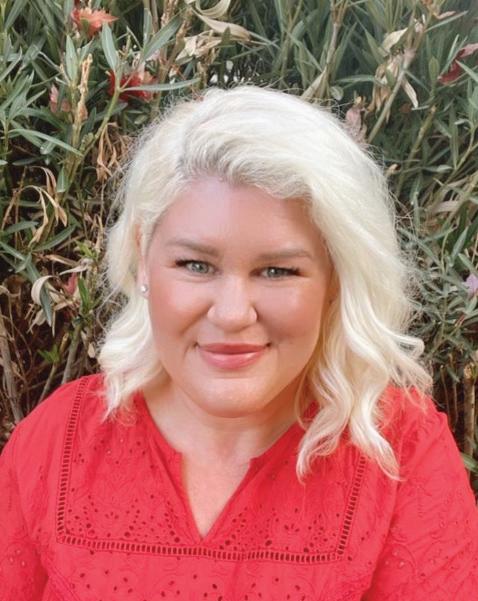
Orange You Glad We Have Farmland
TEACHING STUDENTS THE IMPORTANCE OF FARMLAND CONSERVATION
Did you know 3% of the earth is all the land we have for farming? That’s right. We depend on only 3% of our earth for growing food due to its suitable climate and soil conditions. Approximately 75% of our earth is covered in water, and the other 22% is comprised of deserts, swamps, mountains, polar regions, or land that is too rocky, wet, or hot to grow food. Of that already small percentage, it is estimated that every day between 2001 and 2016, we lost 2,000 acres of farm and ranchland to other uses that cannot feed us, making farmland protection extremely important.
Thanks to a grant from the CalAgPlate program, CFT can spread the message of farmland conservation to elementary classrooms all over California. At the end of September, 40 Orange You Glad We Have Farmland educational kits were distributed at the 2022 California Ag in the Classroom Conference in Ventura, California. The curriculum and activities aim to teach students the importance of farmland by learning how much land is suitable for growing the food that feeds themselves, their families, and the world. The activity also teaches students ways they can be good stewards of the land, such as participating in recycling programs, water conservation, and not littering. When farmland is protected, we all benefit by having food to eat and natural resources to enjoy, like wildlife.
Thank you to our partners and friends at Raley's, CalAgPlate program, and the California Foundation for Agriculture in the Classroom for their help and collaboration in this project. If you are an educator interested in receiving a kit for your classroom, please email Lauren Fox and lfox@cafarmtrust.org.
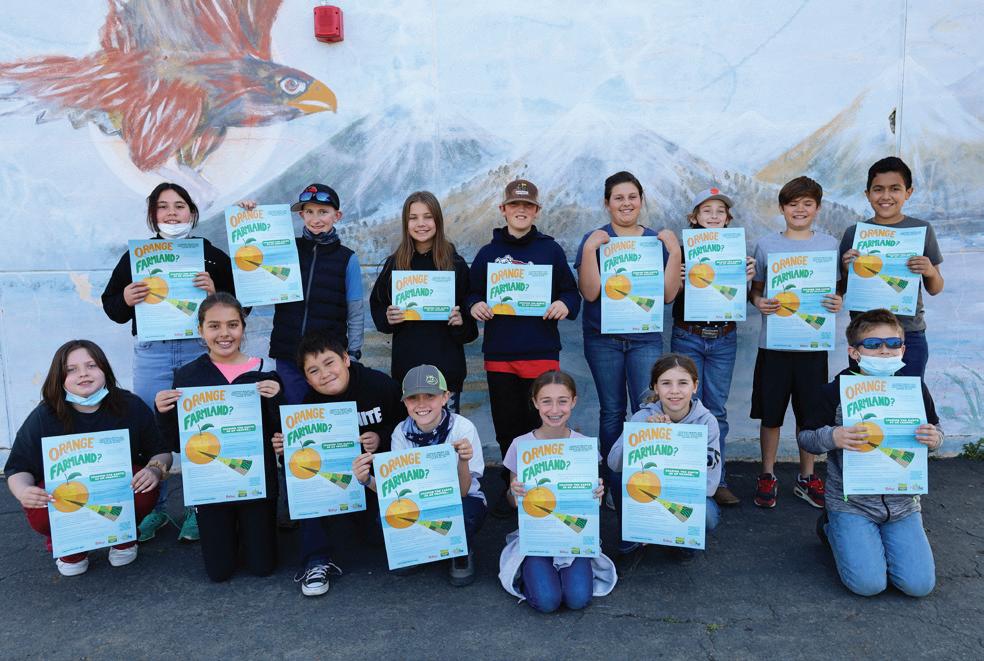 Students from Sacramento County participated in the Orange You Glad We Have Farmland activity
CONGRATULATIONS CHELSEA & BEAU!
Students from Sacramento County participated in the Orange You Glad We Have Farmland activity
CONGRATULATIONS CHELSEA & BEAU!
•
What
Learn how much land is used to grow food for the world’s population
Knowing the importance of keeping farmland healthy by participating in recycling programs, water conservation, and not littering can help keep the land healthy to produce the food that feeds the world. We can all become custodians of the land by accepting the following challenges:
•Learn the di erence between lands that are good for farming and the type of lands that are good for shopping malls and homes.
•Practice caring for the land by conserving water, not littering, and recycling.
•Support the land by eating California grown foods.
•Learn about conservation easements that allow landowners to protect their farmland forever. When farmland is protected, we all benefit by having food to eat and natural resources, like wildlife, that farmland provides.
Post Office Box 1960 Elk Grove, California 95759 916-687-3178 phone 916-685-1041 fax www.cafarmtrust.org
Save the date GIVING TUESDAY TUESDAY,




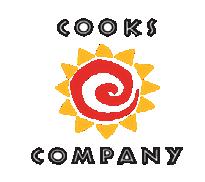



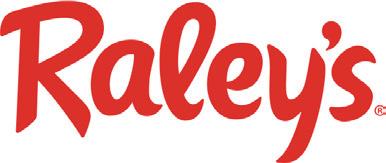

NOVEMBER 29TH

Thank you to our 2022 sponsors. Many of our sponsors have provided CFT with ongoing support for years. We appreciate their support and investment in the mission of California Farmland Trust.
